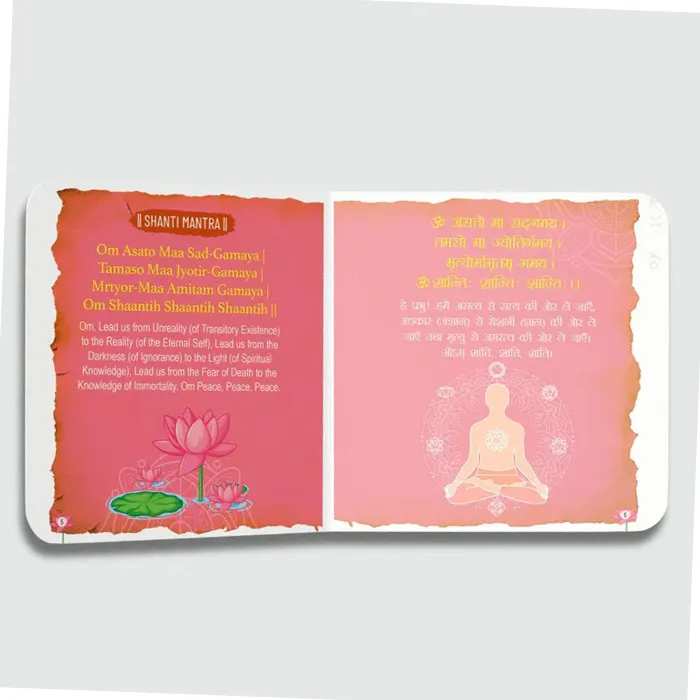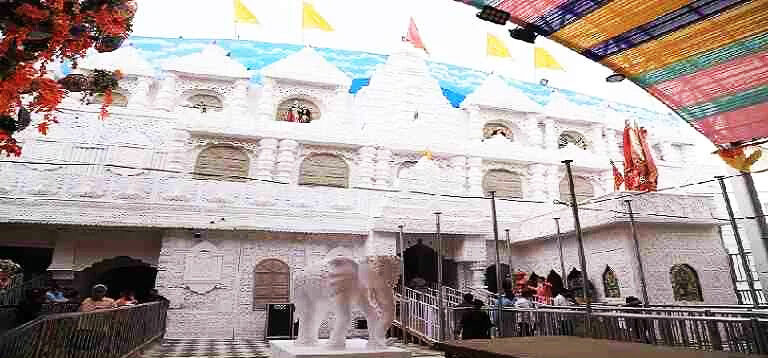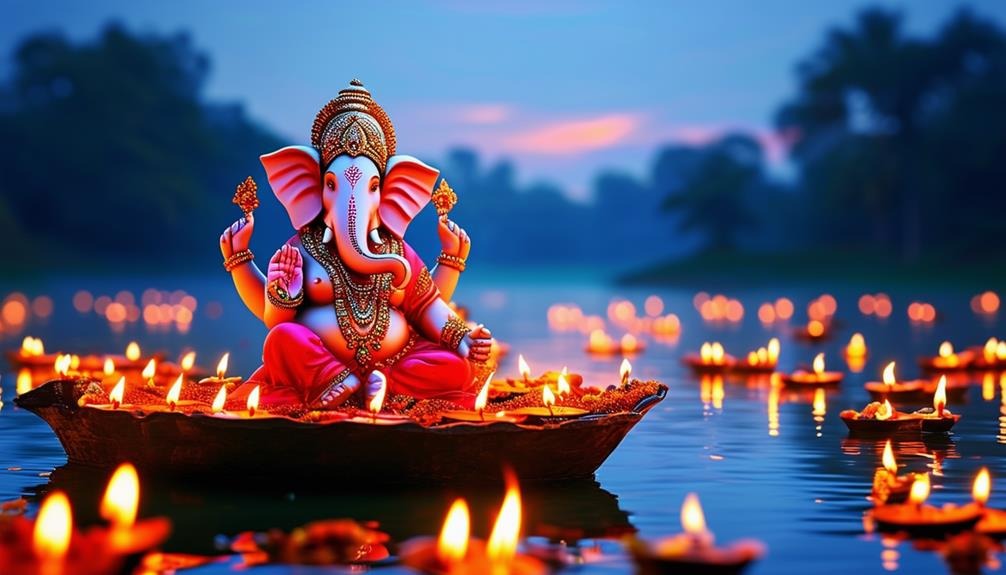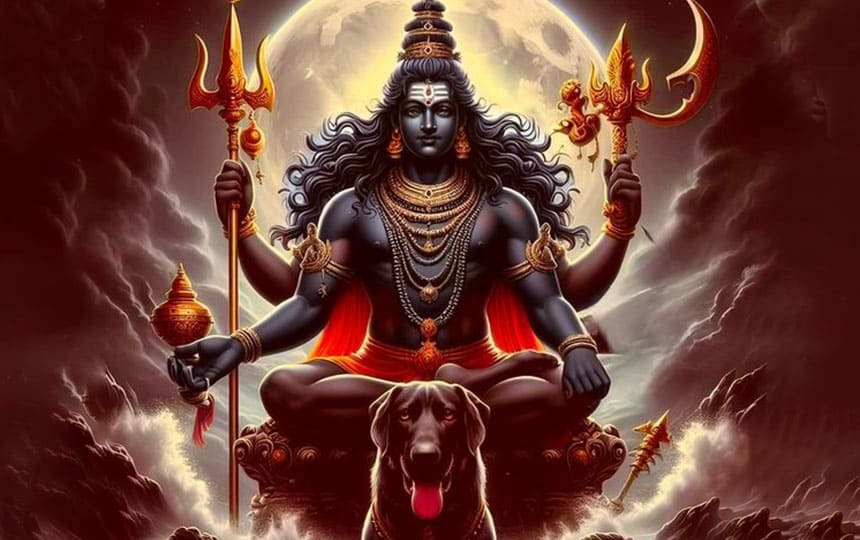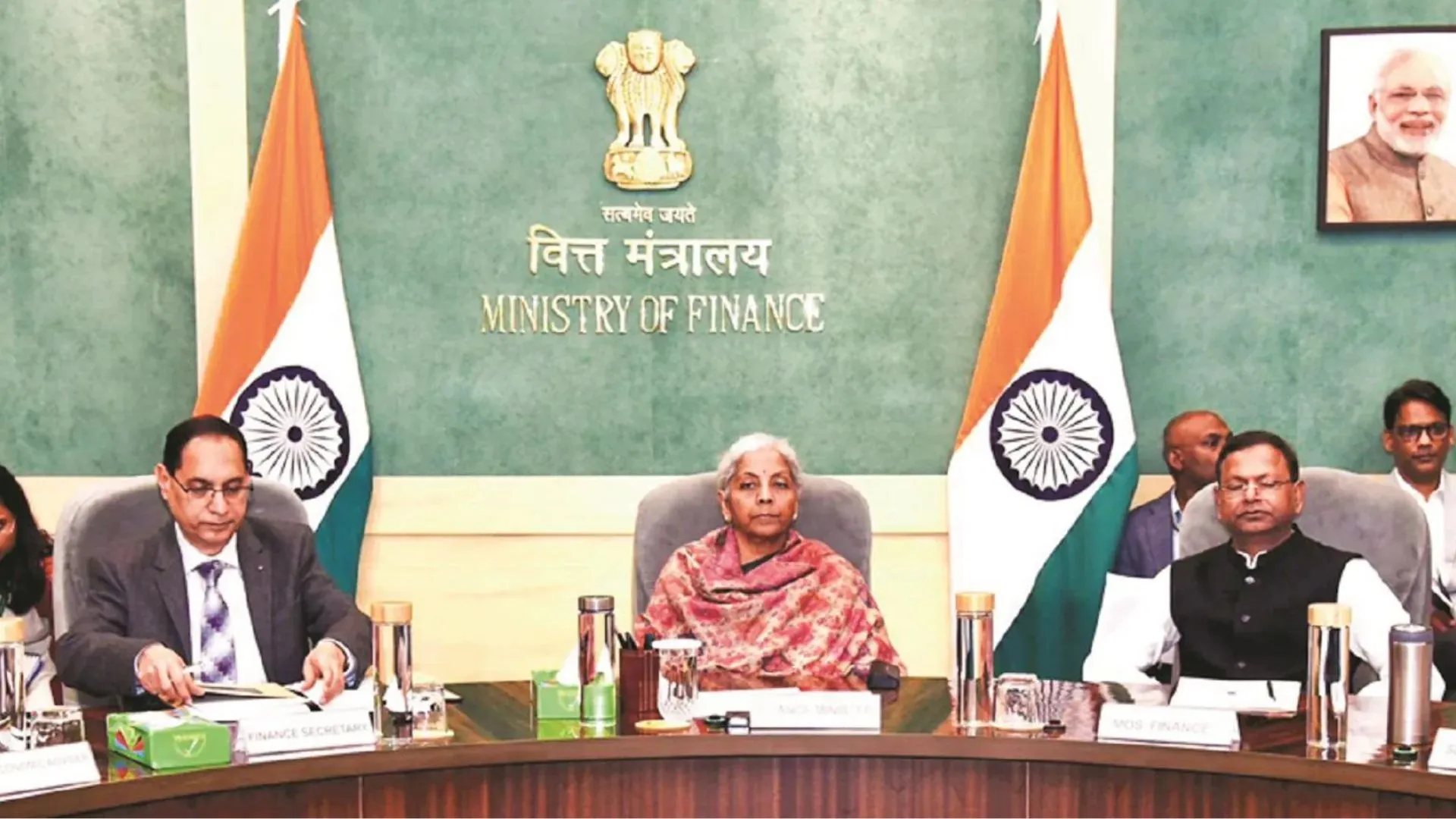The thought of death triggers diverse feelings in people, including fear, worry, resignation, and even weary anticipation—the last, in those whose life has become a burden to them and death seems a welcome salvation.
Fear of death is usually more about its consequences than about the act of dying. Death, as most people see it, means loss of all that one loves, including those who are near and dear to us, and the joys and comforts of life that we enjoy. All this, we believe, will come to an end with the arrival of the Grim Reaper. Not just one’s own death but even the passing away of those we love causes sorrow, as we feel robbed of a source of happiness, love or support.
Death, in other words, is seen as a dead end beyond which lies nothing and from which one cannot return—it is annihilation of all we know as life.
Such thinking stems from ignorance of spiritual truths. First of all, who is it that experiences what we call life? It is the soul. Consciousness resides in the soul, the immortal being of light that gives life to the body. It is the soul that speaks, hears, smells, tastes, sees and feels through the sense organs of the body. The body is made of matter and is alive only when a soul resides in it. Death is the departure of the soul from the body, and it is the body that dies, not the soul, which is eternal.
We are, in other words, spiritual and eternal beings, not mortal bodies. But most people remain unaware of this fact because the soul, which is infinitesimally small, cannot be seen. Being ignorant of our true identity, we also remain in the dark about our special qualities.
The soul cannot be burnt, drowned, crushed, cut or killed.
When the body perishes, the soul leaves to take birth in another body. We souls have always existed and will never cease to be.
Death is not an abyss from which there is no return; it is only the end of the experiences of one life and the start of a new set of experiences. It is renewal.
If we think of all the people and things we love, and our happy memories and pleasant experiences, and fear losing all that when we die, we only need to remember that we souls have had such relationships and experiences in all our past lives, and when we left those behind, we took another birth and had new experiences.
Like an actor playing different roles, the soul gets a new part in each life, making new connections, and even continuing old ones (without knowing it, of course) with other souls who have taken a new birth.
In this way we acquire a wealth of variegated experiences over successive lives. These are sometimes manifested in our innate tendencies and come to the surface of the mind in the form of dreams.
Death also serves to bury troubling memories, which can otherwise make life difficult. However, death does not provide an escape from the consequences of our actions.
Death, including by suicide, which many resort to in order to avoid pain or fearful circumstances, does not end the soul’s karmic accounts. The soul has to account for all its deeds, whether in the present life or thereafter. We also carry with us credit for our good deeds when we leave a body and take another birth, and get to enjoy the fruit of the good we have done in the past.
Knowledge of our immortality thus reminds us that a good act never goes waste, and we should avoid doing harm to the self and others in order to ensure a happy future for ourselves for all time.
This knowledge also saves us from the short-sighted “live for the moment” attitude to life, which makes man a slave to his mind and senses and often leads him down the path to self-destruction.
Recognising our immortality brings about a change of consciousness, freedom from the fear of death, and farsightedness that enables us to make wise choices that bring happiness to the self and others.
B.K. Dr. Savita is a Rajyoga teacher at the Brahma Kumaris headquarters in Abu Road, Rajasthan.



